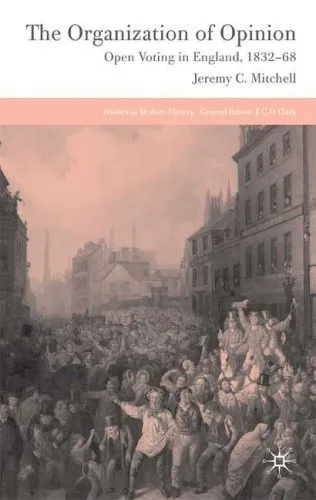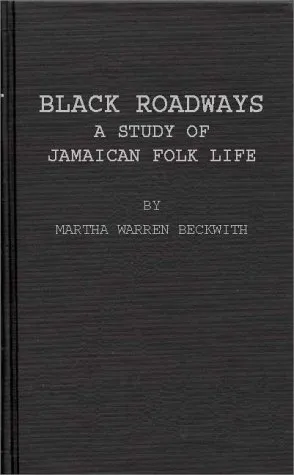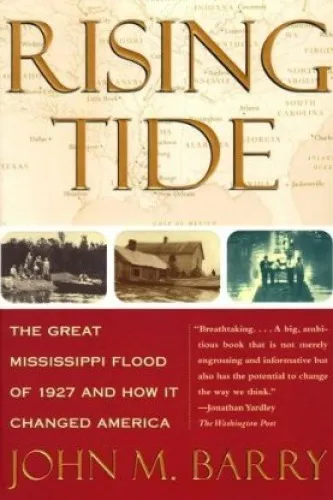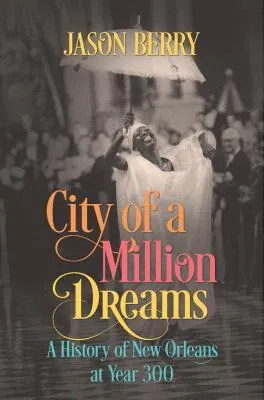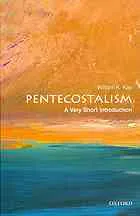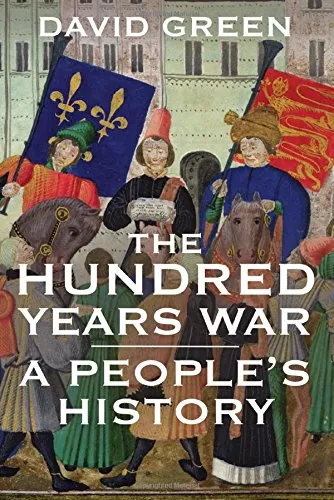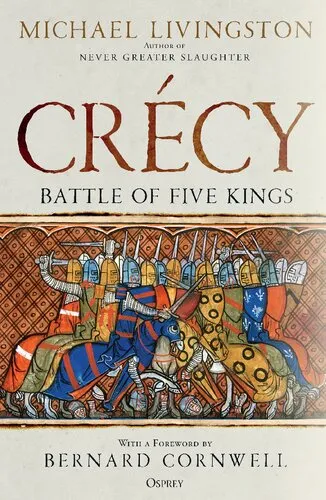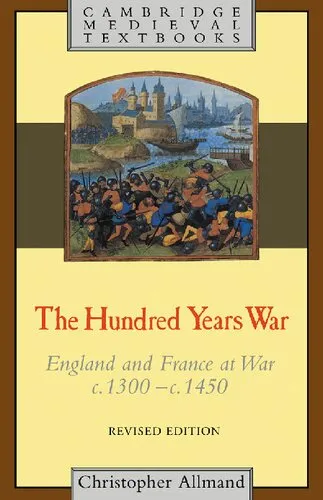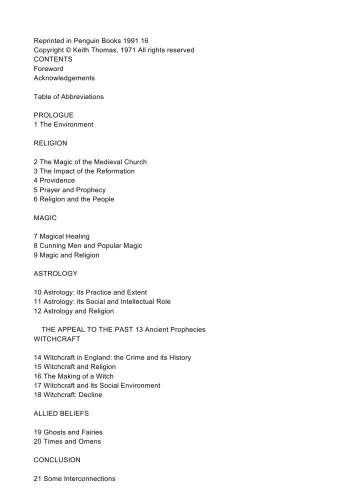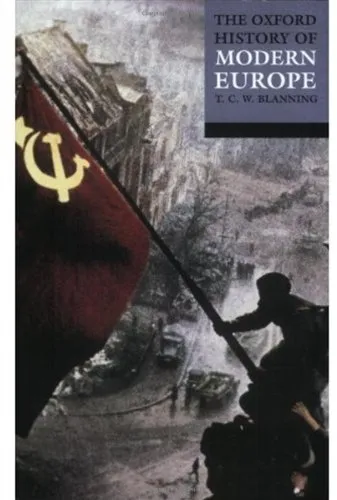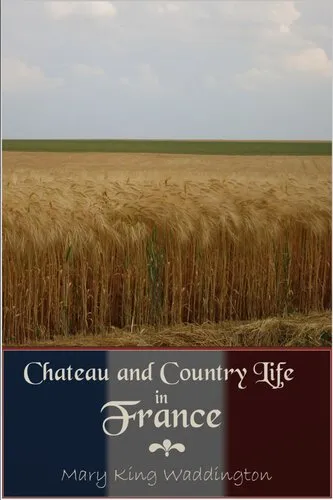The Organization of Opinion: Open Voting in England, 1832-68 (Studies in Modern History)
3.8
بر اساس نظر کاربران

شما میتونید سوالاتتون در باره کتاب رو از هوش مصنوعیش بعد از ورود بپرسید
هر دانلود یا پرسش از هوش مصنوعی 2 امتیاز لازم دارد، برای بدست آوردن امتیاز رایگان، به صفحه ی راهنمای امتیازات سر بزنید و یک سری کار ارزشمند انجام بدینکتاب های مرتبط:
معرفی کتاب «The Organization of Opinion: Open Voting in England, 1832-68»
کتاب «The Organization of Opinion: Open Voting in England, 1832-68» نوشته جرمی سی. میچل یکی از تحلیلهای دقیق و جامع در زمینه سیاستهای انتخاباتی قرن نوزدهم انگلستان است. این اثر پژوهشی ارزشمند با تمرکز بر سیستم Open Voting در سالهای بین 1832 تا 1868، به بررسی تأثیرات این روش بر جامعه، سیاست و دموکراسی میپردازد. این کتاب بخشی از سری مطالعات تاریخی «Studies in Modern History» بوده و مرجعی اساسی برای علاقهمندان تاریخ، علوم سیاسی، و تحولات اجتماعی است.
خلاصهای از کتاب
کتاب «The Organization of Opinion» داستانی پربار از انقلابهای سیاسی و اجتماعی است که با اصلاح قانون انتخاباتی سال 1832 آغاز شده و تا تصویب «قانون دوم اصلاحات» در سال 1867 ادامه پیدا میکند. جرمی سی. میچل در این اثر نشان میدهد که چگونه سیستم Open Voting – که در آن رأیدهندگان باید به صورت عمومی نامزد مورد نظر خود را اعلام میکردند - بر فرآیند انتخاباتی و همچنین بر رفتار سیاسی رأیدهندگان تأثیر گذاشت.
در این کتاب، نویسنده تاریخچهای دقیق از پیوند میان سیاست، مطبوعات و فشارهای عمومی ارائه میدهد. موضوعاتی مثل نفوذ فردی خانوادههای نخبه، نقش اقتصادی در سیاست، و اهمیت شفافیت در رأیگیری عمومی به دقت مورد تحلیل قرار گرفتهاند. نکته کلیدی در این دوره تاریخی این است که Open Voting نهتنها پایانی بر سیستم قدیمی نفوذ سیاسی نبود، بلکه در بسیاری از موارد منجر به افزایش فشار و فساد شد.
این کتاب از طریق مستندات تاریخی و روایتهای جذاب، جزئیات روابط میان گروههای مختلف سیاسی و نحوه شکلگیری افکار عمومی را بررسی میکند و به شکلی زنده تأثیری که انتخابات شفاف بر سازوکار دموکراسی میگذارد را نشان میدهد.
نکات کلیدی کتاب
- بررسی سیستم Open Voting و چالشها و مشکلات آن.
- نقش شخصیتها و گروههای سیاسی پرنفوذ در انتخابات انگلستان قرن نوزدهم.
- تأثیرات اجتماعی و فرهنگی ناشی از شفافیت در رأیگیری و محدودیتهای آن.
- تحلیل رابطه میان تکنولوژی (مانند مطبوعات) و سازماندهی افکار عمومی.
جملات معروف از کتاب
"The exercise of public voting is not simply an act of individual choice but a declaration of allegiance, duty, and community trust."
"Transparency in voting did not eliminate corruption; it redefined the shapes and tools through which influence was exercised."
چرا این کتاب مهم است؟
این کتاب با بررسی دورهای حساس از تاریخ انگلستان، ابزارهایی برای درک بهتر تحولات دموکراسی در جوامع مدرن فراهم میکند. روش رأیگیری عمومی یا Open Voting، موضوعی است که همچنان در مباحثات دموکراسی و شفافیت مطرح است. مطالعه این کتاب به خوانندگان کمک میکند بفهمند که چگونه اصلاحات سیاسی میتوانند تأثیرات دوجانبهای بر جامعه بگذارند. علاوه بر این، تحقیقات جامعی که در این اثر آمده است، مرزهای تاریخنگاری سیاسی را به سطحی عمیقتر میبرد و موضوعات مربوط به رأیدهی، شفافیت و عدالت را از منظر تاریخی روشن میسازد.
Welcome to the introduction of The Organization of Opinion: Open Voting in England, 1832-68, a comprehensive exploration of the pivotal role that open voting played in shaping political and societal dynamics in 19th-century England. Part of the Studies in Modern History series, this book intricately weaves historical analysis with political theory to uncover the profound implications of public voting practices during a transformative period in British democracy.
Detailed Summary of the Book
The period spanning 1832 to 1868 marked a critical chapter in British history, characterized by sweeping reforms, political renewal, and the growing entrenchment of democratic principles. This book investigates the practice of open voting — where voters’ choices were publicly disclosed — during this era. Drawing on extensive archival materials, parliamentary records, and contemporary accounts, this study highlights the dual-edged nature of open voting. While it was celebrated as a mechanism of accountability, ensuring voters were beholden to their community and employers, it also exemplified how electoral processes could be manipulated to suppress dissent and secure compliance.
The work begins by contextualizing the Reform Act of 1832, demonstrating how it reshaped Britain's political landscape and introduced fresh tensions regarding voter privacy. Through a granular analysis of legislative debates and societal attitudes, The Organization of Opinion traces the evolution of discussions about voting practices, culminating in the 1868 secret ballot reforms. By mapping the political, economic, and cultural implications of open voting, the book offers nuanced insights into the mechanisms of power, pressure, and persuasion that defined electoral politics in 19th-century England.
Key Takeaways
- Open voting practices in England between 1832 and 1868 were both a tool of public accountability and a source of voter intimidation.
- The book examines the conflicted attitudes of lawmakers and citizens, showcasing their struggle to balance transparency with the protection of individual liberties.
- Through meticulous research, this work reveals how economic interests — particularly those of landlords and employers — played a disproportionate role in shaping electoral outcomes during this period.
- The transition to secret ballots in 1868 marked a defining moment in the evolution of democratic practices in Britain, laying the groundwork for modern electoral systems.
- Readers gain an in-depth understanding of how historical practices such as open voting continue to inform contemporary debates about fair elections, transparency, and voter autonomy.
Famous Quotes from the Book
"Open voting was a mirror to society’s hierarchies, a mechanism by which the powerful could wield influence and the weak were reminded of their vulnerabilities."
"To understand the great reforms of the 19th century is to understand that democracy, like all institutions, is perpetually under construction."
Why This Book Matters
Understanding the history of voting practices is essential for comprehending the challenges and opportunities inherent in modern democracy. The Organization of Opinion offers readers a compelling look into a period when England grappled with the tension between transparency and coercion, shedding light on how democratic ideals were developed, contested, and eventually refined. The insights presented in this book resonate far beyond its historical scope, providing lessons that remain relevant as nations continue to contemplate and debate the mechanics of free and fair elections.
By delving into the complexities of public versus private voting, this book invites readers to question the fundamental dynamics of democracy. It is not merely a historical account but a call to reflect on how societal structures — whether economic circumstances or cultural norms — shape our collective choices and the mechanisms by which those choices are expressed.
دانلود رایگان مستقیم
شما میتونید سوالاتتون در باره کتاب رو از هوش مصنوعیش بعد از ورود بپرسید
دسترسی به کتابها از طریق پلتفرمهای قانونی و کتابخانههای عمومی نه تنها از حقوق نویسندگان و ناشران حمایت میکند، بلکه به پایداری فرهنگ کتابخوانی نیز کمک میرساند. پیش از دانلود، لحظهای به بررسی این گزینهها فکر کنید.
این کتاب رو در پلتفرم های دیگه ببینید
WorldCat به شما کمک میکنه تا کتاب ها رو در کتابخانه های سراسر دنیا پیدا کنید
امتیازها، نظرات تخصصی و صحبت ها درباره کتاب را در Goodreads ببینید
کتابهای کمیاب یا دست دوم را در AbeBooks پیدا کنید و بخرید
1224
بازدید3.8
امتیاز0
نظر98%
رضایتنظرات:
3.8
بر اساس 0 نظر کاربران
Questions & Answers
Ask questions about this book or help others by answering
No questions yet. Be the first to ask!
